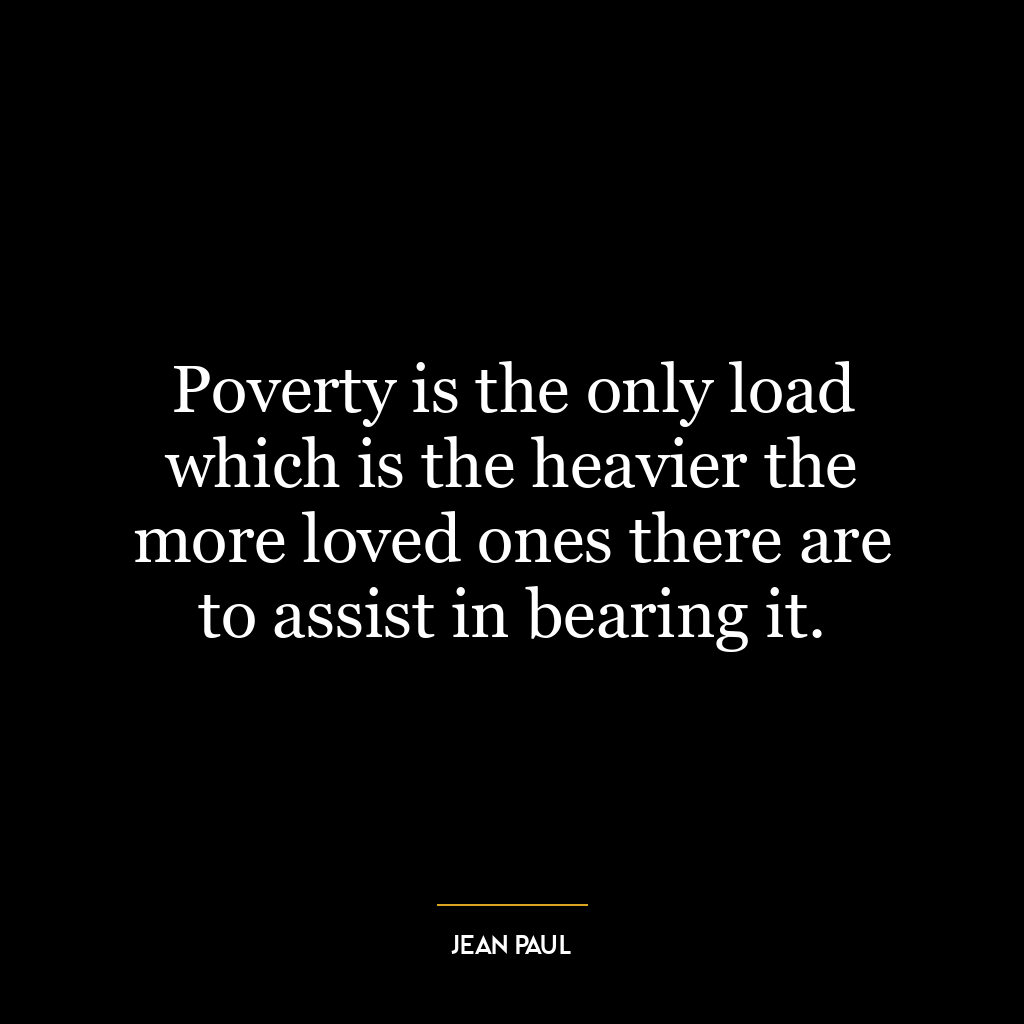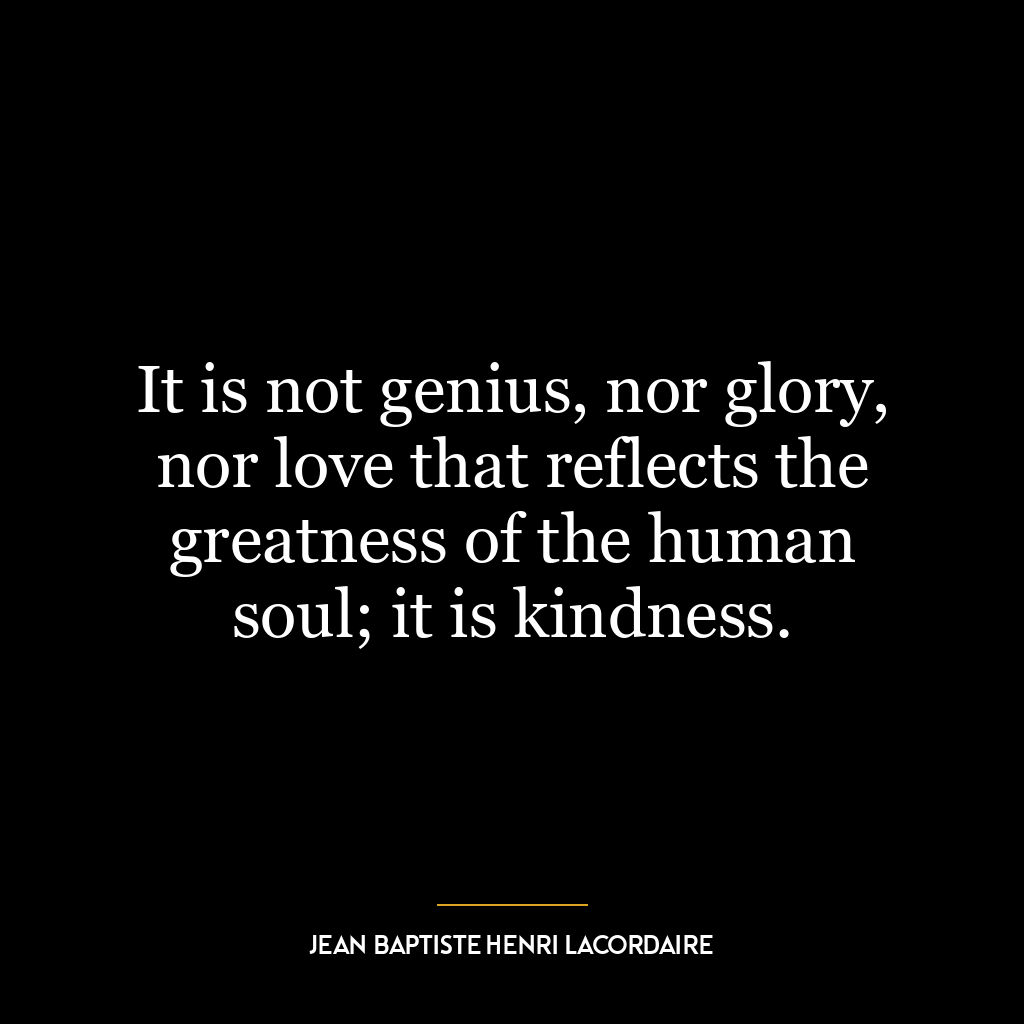No man can do me a truer kindness in this world than to pray for me.
This quote suggests that the greatest act of kindness one can perform for another is to pray for them. It implies a belief in the power and efficacy of prayer, not just as a spiritual practice, but as an act of selfless love and concern for others. The speaker believes that when someone prays for him, they are offering him the most profound form of support possible.
The quote also conveys a sense of humility. By stating that no other action can do him “a truer kindness,” he acknowledges his own need for divine intervention or assistance. He recognizes his limitations and vulnerabilities and appreciates those who appeal to higher powers on his behalf.
Applying this idea to today’s world might involve recognizing the value in praying for others or wishing them well, even if they don’t ask or know about it. In this perspective, offering prayers is seen as a genuine act of goodwill extended towards others without expecting anything in return.
In terms of personal development, this concept encourages empathy and compassion towards others. It promotes an attitude focused more on giving rather than receiving; it fosters emotional generosity where one’s concern extends beyond oneself to encompass others’ welfare too.
Moreover, this idea also underscores the importance of acknowledging our own needs – physical, emotional or spiritual – instead relying solely on our own abilities or resources. Being open to receive help from others (or higher powers) can be seen as strength rather than weakness; it could lead us towards growth and transformation we may not have achieved alone.











